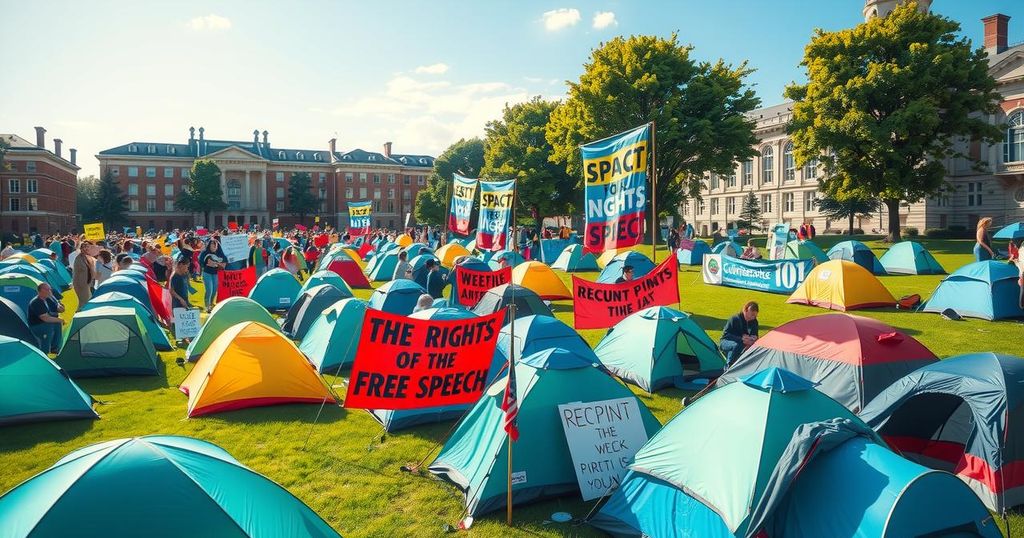Myanmar Rebels Seize Rare Earth Mining Control, Impacting Trade Dynamics
Armed Kachin rebels seized control of Myanmar’s rare-earths mining belt, impacting global supply and driving up prices. The KIA seeks leverage against China, which supports the junta, while India shows renewed interest in the region’s resources. The KIA’s actions may alter regional dynamics, affecting trade and potential negotiations.
In October, armed rebels took control of Myanmar’s rare-earths mining belt, significantly undermining the military junta and gaining strategic control of vital global resources. The Kachin Independence Army (KIA) seized operations responsible for approximately half of the world’s heavy rare earths, impacting essential commodities used in renewable energy technologies and electric vehicles, consequently driving up prices of these minerals.
The KIA aims to leverage their control over rare earth reserves in negotiations with China, a major investor in Myanmar’s mining sector. Notably, Chinese imports of rare earth oxides from Myanmar fell drastically to 311 metric tons in February, marking an 89 percent decrease from the previous year, primarily following the October takeover by the KIA.
Industry sources indicate that the KIA’s actions are an effort to create distance between the junta and China, which has been a staunch supporter of Myanmar’s military. Dan Seng Lawn, of the Kachinland Research Center, commented on the situation saying, “They want to use rare earth reserves as leverage in their negotiation with China.”
India has emerged as a potential alternative in the region, showing interest in Kachin’s resources by dispatching officials from a state-owned mining company. Furthermore, the KIA has imposed significant taxes on foreign mining operations, complicating the profitability of these endeavors amidst civil unrest.
Despite a surge in terbium oxide prices by 21.9 percent, ongoing civil strife has led to a complex and unstable mining environment in Kachin. The area has seen severe environmental degradation due to rapid mining expansion, drastically impacting both local communities and the ecosystem. The KIA continues to seek recognition from China regarding their territorial claims and the importance of compromise in future negotiations.
India’s IREL attempted to expand its foothold in Kachin, yet concerns over operating amidst armed factions have led to a cautious approach. Suggested discussions between Indian officials and local Kachin representatives indicate a mutual interest in resuming resource extraction, albeit with numerous logistical and infrastructural challenges hindering operations. Ultimately, the evolving dynamics present an uncertain future for the rare earth supply chain in Southeast Asia.
The Kachin Independence Army’s takeover of Myanmar’s rare-earth mining sites has created significant disruptions in the global rare earth supply chain, posing challenges for China and opening new possibilities for India. The increased tension between the KIA and the junta reflects intricate geopolitical maneuvers with potential implications for the region’s mineral trade. As the situation unfolds, the KIA’s demands for recognition and the search for alternatives underscore the complexities of resource management amid ongoing conflict.
Original Source: www.arabnews.com








Post Comment